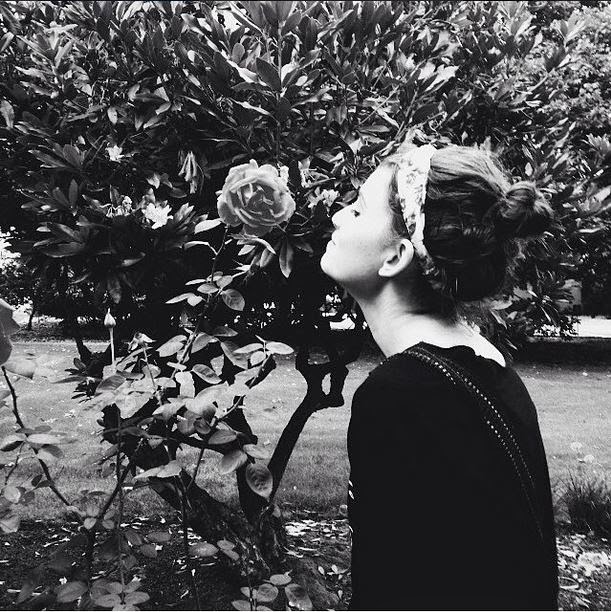 |
| Dr. Harper multnomah.edu |
by Laura Joy Griffith
I am sitting at a round
table in the back of Roger’s Café when Dr. Brad Harper comes striding into the
coffee shop, waving at students and looking around for me. Once he finds me and is settled into the
chair next to me with a latte to warm his hands, I begin to ask him questions I
think will be on the hearts of Multnomah students: “What do students talk about
when they come to your office?” After a
moment of thought, he looks me in the eyes and tells me that at least once a
semester, a Multnomah student comes out to him, confessing that they struggle
with same-sex attraction. Usually, he
says, they have not told anyone else.
This, he presumes, is because being gay is taboo in the Multnomah
culture, but he has always been open about the fact that his son is gay and
that they have a great relationship. “What
do you say to them?” I ask, to which he replies simply, “Mostly I listen and
assure them of God’s love.” Listening
and affirmation are key, he insists. His
job is not to give them answers so much as to walk with them as they explore
what it means to live a life that honors God and find friends who love them for
who they really are.Some Multnomah
students—undoubtedly more than we presume—struggle with being gay.
A more mundane struggle—but one that is just
as real and troublesome—is the difficulty so many students have with the school
system. Dr. Harper says that his ideal
environment for teaching theology would be at a cabin in the wilderness with
fifteen students who live together and work for their own survival. But we don’t get to learn theology in that
environment. Instead, we learn it in
eight o’clock classes and from Grudem’s Systematic
Theology and by citing sources in MLA format. This system works great for some students,
but for many students, it seems to be constantly undermining their ability to
succeed. Realistically, Dr. Harper says,
sometimes you just have to suck it up and jump through the hoops, because the ideal
environment is impractical. Nonetheless,
both students who excel in the system and those who struggle must also remember
that getting good grades is not the most important thing in life. “You have to be careful not to equate success
in the system with success at education or success in life, “Dr. Harper says. Just because we’re good at school and work
well in the system doesn’t mean we’re getting a good education. We need to ask ourselves, “What does it
really mean for me to be educated?” It
probably doesn’t mean getting straight A’s.
At Multnomah, we
question and analyze so many of the beliefs we have grown up simply
accepting. Often it feels like the very
foundations of our faith are being shaken.
(Wait, premillennialism isn’t
the only view??!) But through it all, we
never want to lose our faith in the good God of the Bible. According to Dr. Harper, Multnomah provides
an ideal situation to explore without getting lost. “Honestly,” he says, “I think you’ve got one
of the best places on the planet to do that, now in 2015.” Multnomah professors are careful to provide
honest representations of opposing views, rather than setting up straw-man
arguments. Students need to realize how
legitimate other views are so that when they get out into the real world, they
don’t question the reliability of their teachers. Multnomah is safe, Dr. Harper says: here you
won’t be judged for asking questions, and you won’t be allowed to wander off
into pluralism. Multnomah encourages
students to foster their relationship with Christ, keeping love for God and
others at the center. Bottom line? “Hang on to Christ. It’s not about the answers to all the
questions.”









